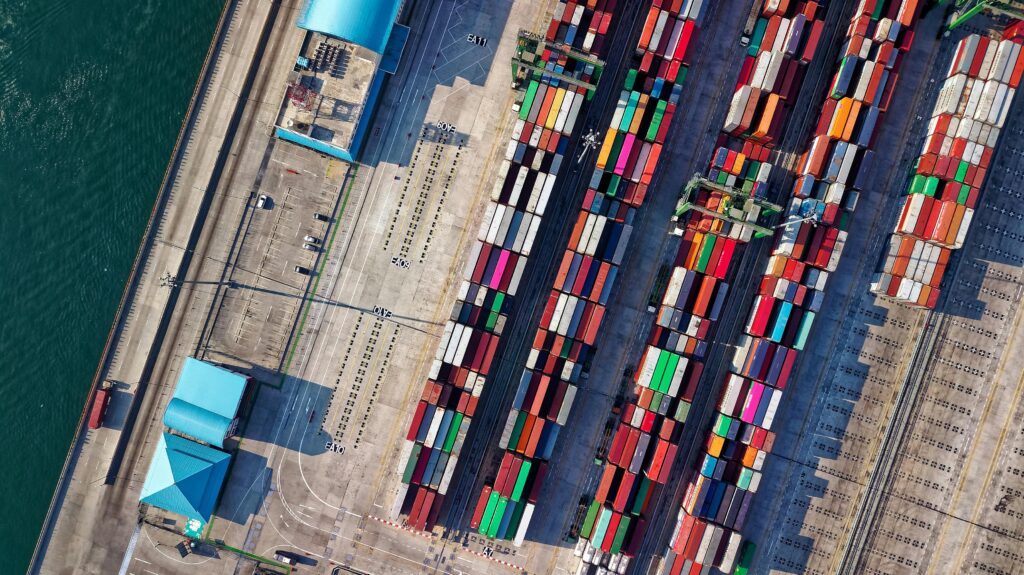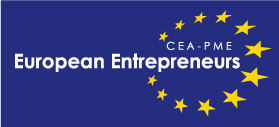
On Friday, Feb. 9th 2024, the Ambassadors of EU-Member States took note that several governments, among which Germany, Italy and Austria, decided to abstain from the vote on the Corporate Sustainability Due Diligence Directive (CSDDD). This meant that the Council would not reach the necessary qualified majority for the approval of the Directive, sending the proposal back to the Commission, Parliament and the Council’s Belgian presidency. Most likely there will not be anymore enough time to re-discuss the act again before the European Elections in June 2024. A new majority in the Parliament and a new Commission might decide to change approach.
This news was followed in the media by a great outcry, mainly blaming the German liberal party FDP, and the countries that decided to abstain for the potentially terrible effects of this decision for child and forced labour, for exploitation and risks for the health of workers without rights and for polluting practices in raw materials extraction and industry in countries of the global south.
Without polemics or triumphalism, European Entrepreneurs CEA-PME welcomed this decision very much, and is especially grateful to the German FDP, its Federal ministers and MEPs. Finally, one party took the concerns of the Small and Medium-sized Enterprises and Mid-Caps seriously that would absolutely not have been able to comply with these new rules without severly loosing competitiveness. A first part – points 2 and 3 – of the 10 Demands of our Manifesto (see below) has already been accomplished!
But how can we praise a decision that exposes maybe millions of workers and especially children to inhuman treatment, or contributes to further pollute our planet?
It goes without saying that we of course know that child and forced labour exist, and that they ideally should be eliminated, and that we of course want the climate change to have the least possible impact on all human lives. And it should also go without saying that if CSDDD would have helped to reduce these problems, while maintaining our capacity to work and produce added value (also for important environmental and social goals), i.e. maintaining high our competitiveness, we would have supported it. But for several reasons CSDDD is not fitting this purpose. Let us try to list them here:
1. A recent article by the German weekly magazin Der Spiegel (“Ausgeliefert” – “Delivered” but also “At the mercy of”, No. 05/24) intended to explain that “The Economy” was more ahead than the German liberals and those that were against a European Law on Corporate Sustainability Due Diligence by quoting 1 enterprise heir and 1 (employed) manager as well as indirectly 380 (as 76% of 500 interviewed) big companies that were in favour of the already existing German Law on the same issue. This article at least found out correctly that the biggest problem with Due Diligence is the control on-site in third countries, which raises significant costs and often requires to substitute a supplier. Big companies are anyway in favour of it, as this creates equal rules for all in case one wants to invest in Corporate Social Responsibility, for a better acceptance of their brands, so to say: for marketing reasons.
Now, what might be significant – but obviously acceptable – costs for a big company, are – logically – impossibly high costs for small and mid-sized companies. And in case of the German Due Diligence Law we are only talking about responsibility for the 1st tier of suppliers. In the EU-directive proposal companies should take legal responsibility up to the 3rd tier of their suppliers, i.e. for their supplier, the supplier of their supplier, and the supplier of the supplier of their supplier. For all parts they buy from outside their company. The legal responsibility would have applied for companies from 500 employees and more, but of course all smaller suppliers downstream would have been affected too. In European as well as non-European countries. The Real Economy that we stand for, i.e. the 99.5% of SME and Mid-Caps – would have been seriously affected in terms of costs and loss of contracts. The consequence for many European (but also non-European) companies would have been to fall out of the market. Non-European companies would have looked for new Non-European clients (maybe Chinese?), while European companies would have lost also their markets, and would maybe have been substituted by competitors from countries with less strict rules (maybe from China?) or by bigger companies that can afford. Apart from a further concentration of ownership, in both cases, social and environmental conditions wouldn’t have improved, but most likely produced the contrary.
And this is only one aspect of the costs the directive would have produced. We did not even talk about the production of reliable reports themselves, which for a small company is practically impossible without experts that charge horrendous bills.
2. Legally there are some aspects in CSDDD that raise more than one concern: what about suppliers from other EU Member States, would they have been considered as “automatically ok” because they are seated in the EU, or should companies take responsibilities also for the application of EU rules in EU Member States, where the same state does maybe not apply them as in partner EU countries? What about rules and laws of the non-European countries of establishment of the suppliers, would European companies have to take legal responsibility for the fact that they buy from countries where our European social and environmental standards are not even laws? How can this be enforced? Only by stopping economic relationshsips? What about existing contracts? And finally, who can denounce non-compliance? CSDDD proposed to allow filing charges to every subject that would have objections to the Due Diligence reports the directive would have imposed. This would have opened all gates to hostile practices among competitors, using fake-NGOs and maybe corrupt Trade Unionists, as well as fake-News against their European competitors in all possible markets.
3. And last but definitely not least, we have geo-political and ethical doubts about this proposal: if control on-site is the very challenge, isn’t the posting of “supervisors” not a typically colonial approach to doing business in countries of the global south? And imposing our standards to third countries isn’t that also a practice of heteronomy, of telling others what is good and what is bad, without leaving to them the choice of establishing this for their own lives and societies? And both approaches, don’t they result ultimately in a growing reluctance of politicians and business people in these countries to do business with us? Don’t we need right now more and not less friends in the world? Also for our renewable energy sources, for our batteries, for our climate goals?
The above mentioned article of Der Spiegel ended with praising the enlightened decision of a German Chocolate producer to stop working with a Nicaraguan cooperative of small cocoa farmers, as they couldn’t comply with the ethical standards required, by opening a cocoa farm in Nicaragua (a dictatorship) owned directly by the German chocolate producer. The article didn’t tell us what happened to the small cocoa farmers and their cooperative. But only two things are possible: either they have lost their main client and found a new, much stronger competitor (the German chocolate producer), being forced to economic failure and work as employees in the German cocoa farm, without a piece of land and without decisional power. Or they found a new client, probably not from Europe, which allowed them to maintain their property and independence, although probably with lower income than with the European client (and lower social and environmental standards). In this case, due diligence and “good intentions” have made the local economy more unjust, reduced ownership and ultimately raised the tendency to emigrate towards the global north.
We don’t think that this is the way we should go. There must be better ways. Let’s find them together – with the Real Economy, ie. with SME and Mid-Caps!


